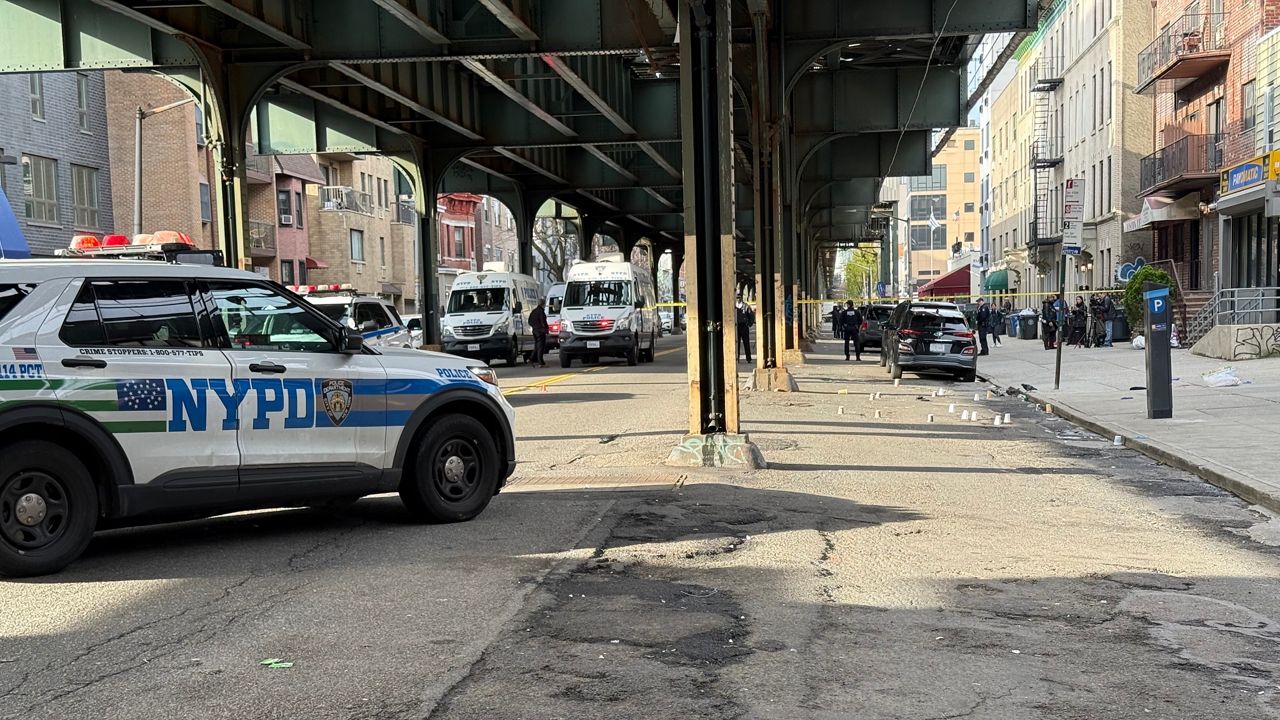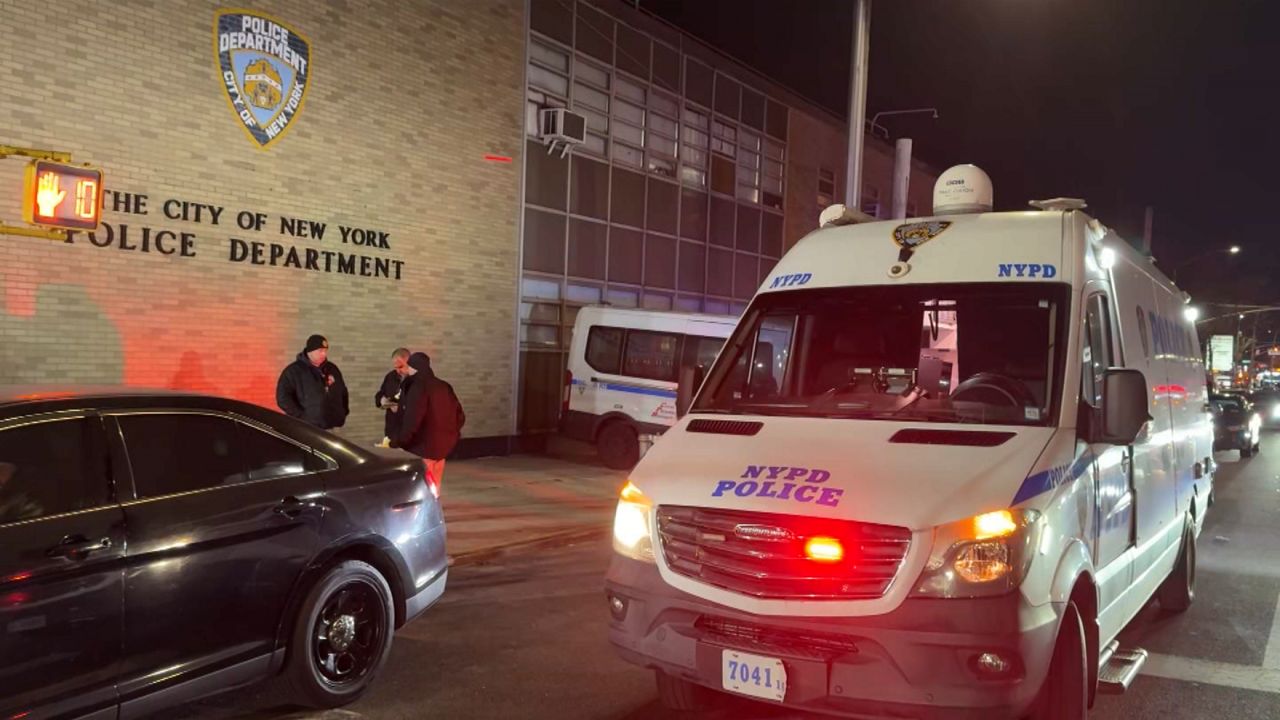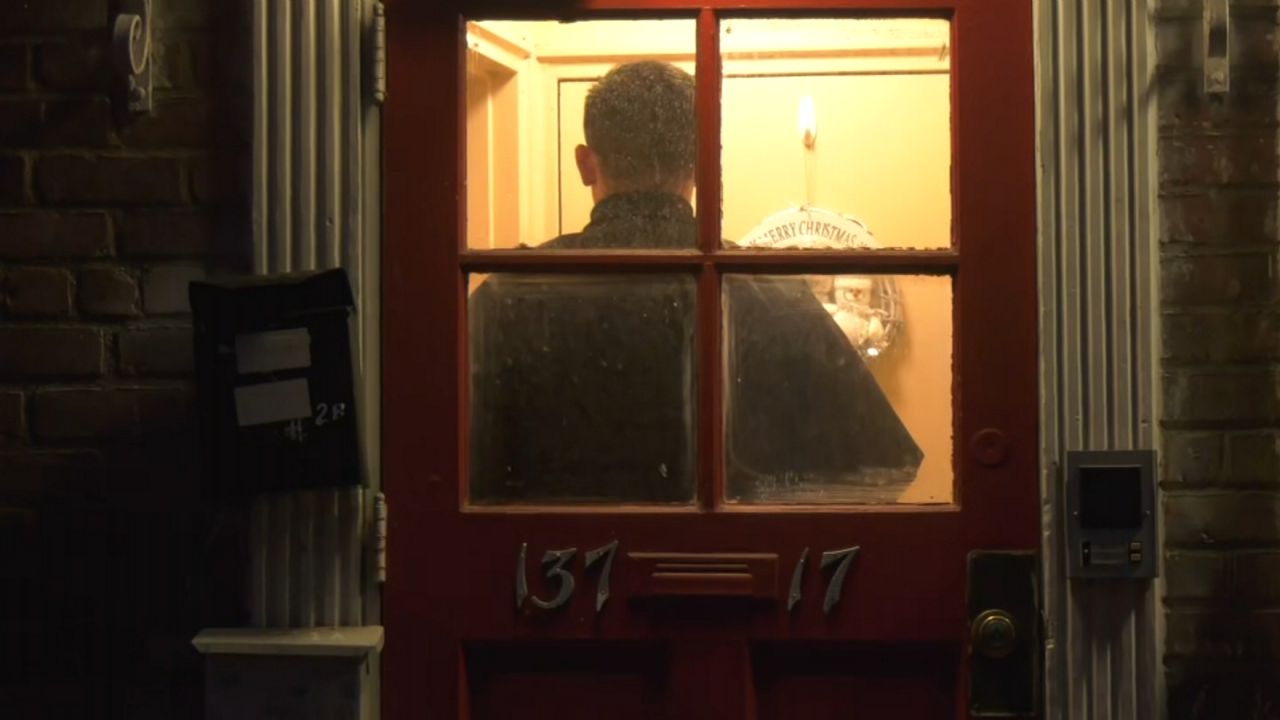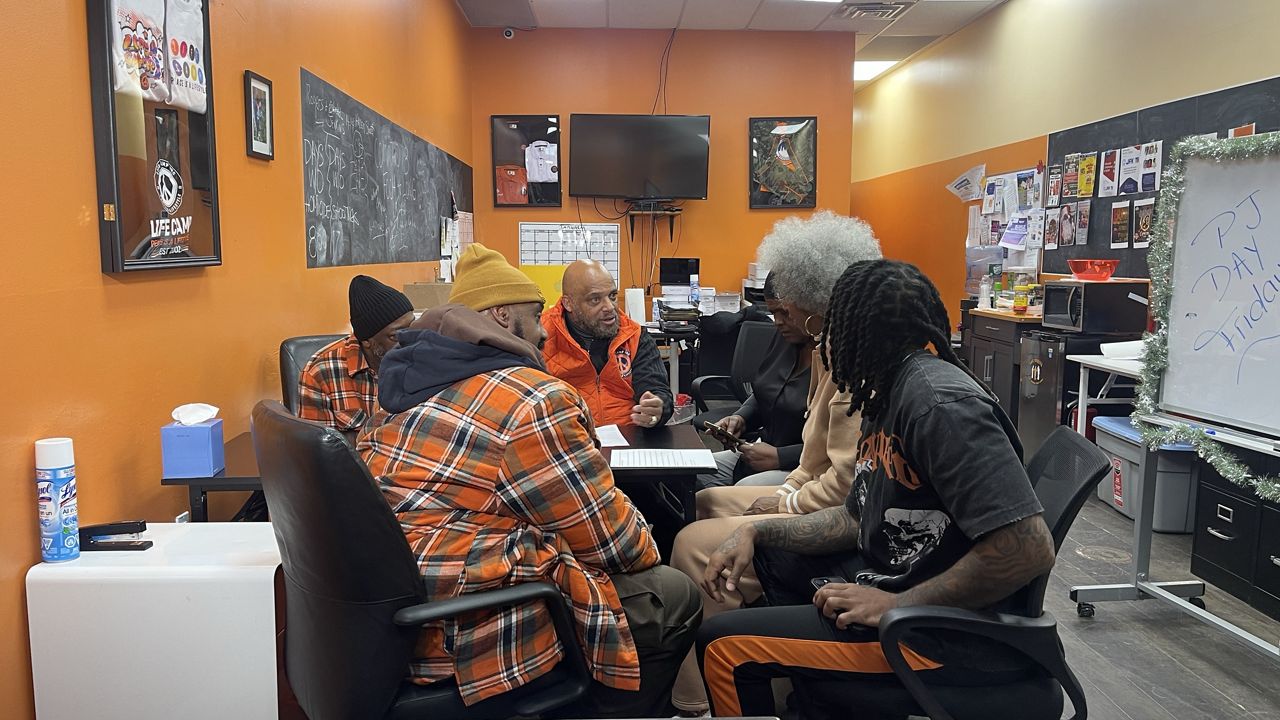On July 14, 5-year-old Deneil Timberlake died a short time after police find him unconscious in his Belmont home.
On Aug. 14, 11-month-old Jazeli Mirabel is found dead in her Longwood home — an apparent drowning.
The next day, the decomposed body of 10-year-old Brian Santiago, who was severely disabled, is found in his Marble Hill apartment along with that of his deceased mother. It’s believed she died first, leaving Brian to starve.
And less than two months later, 4-year-old Jahmik Maldin dies after being found unconscious in his Harlem apartment, suffering from severe malnutrition. His parents have been charged.
According to reports, each of these families had a case history with the Administration for Children’s Services, although ACS would not confirm this.
When asked about Jahmik’s death, last week Mayor Eric Adams said, “When you come down to ACS, they don’t want to see a child harmed. I know that, and I know it breaks their heart when it happens, and we want to do everything we can to give parents the support that they deserve and make those calls when we have to remove children out of homes.”
Jahmeik, Brian, Jazeli and Deneil were not removed. They were all in their homes when they died.
In recent years, ACS began changing how it responds to child welfare calls. In many cases, it now offers services to families instead of launching an investigation into potential neglect or abuse.
It’s called CARES, an acronym for Collaborative Assessment, Response, Engagement and Support, and it’s used when a child is not considered to be in imminent danger. It’s not known whether Jahmeik, Brian, Jazeli or Deneil’s cases were part of CARES.
But several former ACS investigators who were reassigned to CARES contacted NY1 to express concerns about this new approach.
Two of these whistleblowers agreed to speak with us on camera, if we concealed their identities, for fear of retaliation.
“Are you more worried about the safety and well being of New York City’s children now than you were before the CARES program launched,” NY1 anchor Annika Pergament asked.
“Oh, absolutely,” a whistleblower said.
The main concern among the Child Protective Specialists – or CPS – who contacted us is that CARES limits their ability to help vulnerable children.
“For the sake of the child who cannot advocate for himself or herself, especially if they’re a little child – someone has to speak for them. And I think we can’t speak for the children anymore,“ another whistleblower said.
ACS declined our request for an interview, but back in May, ACS Commissioner Jess Dannhauser touted the CARES program on NY1.
“CARES that you’re asking about is an approach to doing a safety assessment that is much more partnering with the families,” Dannhauser told NY1. “We go out, we make a phone call, we make sure that we engage the family to understand what they believe are solutions in their life.”
These caseworkers say too many families simply don’t engage.
“We’re just talking to them about how they could change, but they’re not making any changes,” said the whistleblower. “And then, God forbid, obviously the worst-case scenario is that you have children dying because we’re not going in there. We’re not investigating.”
Prior to CARES, every call to ACS triggered an investigation. Now it directs more than 20% of cases to the non-investigative CARES unit.
ACS says it has also lowered caseloads so its workers have more time for each family.
“Caseloads are about eight and a half because we are continually watching to make sure we don’t get anywhere near that national standard of 12 and we have been continuously hiring,” Dannhauser said back in May.
These caseworkers dispute those numbers.
“Where? Where do they have eight or nine cases? Because it’s not in my unit, it’s not,‘’ a whistleblower said.
“Tell me about the number of cases that you have,” NY1 asked.
“So there’s been times where I’ve had 12, 13, 14, 15 cases, and you have two, three cases a week that you’re getting, and it becomes too much. You just have so many cases that it’s not doable,“ a whistleblower said.
Marcia Lowry is a national expert on child welfare.
“Caseload numbers are critically important in child welfare. It is not possible to run a competent child welfare system, a system that can protect children without knowledge of and control over caseload numbers,” Lowry said. “Workers simply cannot do their job if they have too many cases.”
And these workers say this shift by ACS has done just that and made it simply too challenging to do their jobs.
“In CARES, I feel as though I’m just there talking, like I’m their friend. I’m talking there for X amount of time, and then that’s it, I leave. In investigation, it wasn’t like that. In investigation it was like, ‘OK this really needs to change, because it’s impacting your child,’” a whistleblower said.


_PKG_ACS_CARES_PART_1_CLEAN_131406348_3549_1?wid=320&hei=180&$wide-bg$)


_Pkg_Kyng_Davis_Clean)

_DNT_Qns_Gang_Takedown)

